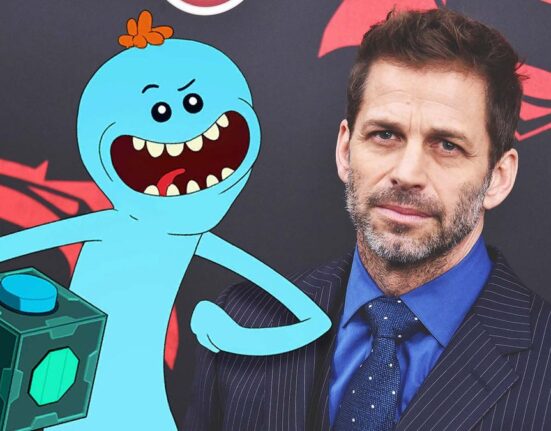Last November, Activision Blizzard made a shocking decision when it suddenly ended its partnership with Netease, the company which brought games like Overwatch and World of Warcraft to China, after 14 years. Now we know why. According to the New York Times, Netease suggested it could sway Chinese regulators on Microsoft’s planned acquisition of Activision, a statement NetEase says was intended as a conciliatory gesture, but that Activision executives interpreted as a threat. The two companies ended the partnership a month later.
The two companies were negotiating the terms of their contract renewal on a Zoom call, making use of translators at times to facilitate communications. NetEase chief executive William Ding wanted their companies to switch to a “licensing” deal rather than a distribution-based relationship, a change which would be more profitable for NetEase while also, the company argued, better positioning it to comply with new government regulations. In September 2021, NetEase lost $60 billion in stock value after Chinese regulators announced restrictions on the number of hours that children could play video games. So there was financial pressure on the publisher to come out with a better deal.
While Bobby Kotick seemed open to the idea, he was concerned that a licensing deal would affect the regulatory talks surrounding the Microsoft acquisition. In response to these concerns, Ding told Kotick that NetEase could sway the Chinese government to either prevent or allow the Microsoft acquisition, which was being reviewed by Chinese regulators at the time. According to the Times’ sources from NetEase, Microsoft would have to deal with Chinese regulatory laws if it did not offload Activision Blizzard’s properties to NetEase. Kotaku reached out to Kotick’s representative, but did not receive a comment by the time of publication.
The Times claimed that Activision executives felt that NetEase had “threatened” Kotick. After the meeting, Activision offered NetEase the licensing deal if the company paid $500 million upfront as a means of offsetting the cost of regulatory complications. NetEase reportedly rejected the offer, calling it “commercially illogical.” Kotaku reached out to Activision Blizzard, but did not receive a comment by the time of publication.
Selling games in China is a draconian process compared to other markets. Both domestic and foreign gaming publishers have to contend with China’s National Press And Publication Administration (NPPA), which approves individual titles that could be sold to Chinese consumers. From July 2021 to April 2022, the agency stopped approving titles altogether—putting nearly 14,000 gaming companies out of business.
The two companies also had earlier disputes between them. In 2018, NetEase invested $100 million in Bungie, a move which reportedly displeased Kotick. Activision had been a partner on Destiny and Bungie was behind schedule in developing new content for its popular shooter, so Kotick felt that the NetEase infusion would potentially distract the developer from attending to that task. In the same year, NetEase had invested in a game company founded by a former Activision employee. The Times reported that investment caused Kotick to consider ending their partnership early.
“It is unfortunate that Activision Blizzard continues to harass and taunt companies and regulators worldwide, making unfounded accusations to distract everyone from its real problems,” NetEase wrote in a statement to Kotaku. “ Our recent negotiations revealed a clear misalignment between the two companies, both in commercial terms and in corporate values, therefore we decided it was not in our long-term interest to serve the short-term goals of Activision Blizzard’s current leadership or to deviate from our founding principles.”
The Microsoft acquisition of Activision Blizzard is a mess, but it’s ordinary people who have paid the price for the ongoing drama. NetEase laid off or reassigned most staff from the team that was operating Activision Blizzard’s games in China. And these games had been massively popular in the Chinese gaming community. A Beijing-based World of Warcraft player said that the MMO had kept him connected to “thousands of people since 2005.”
“What I’m most worried about now is that these friendships will disappear,” he told the Times.







Leave feedback about this